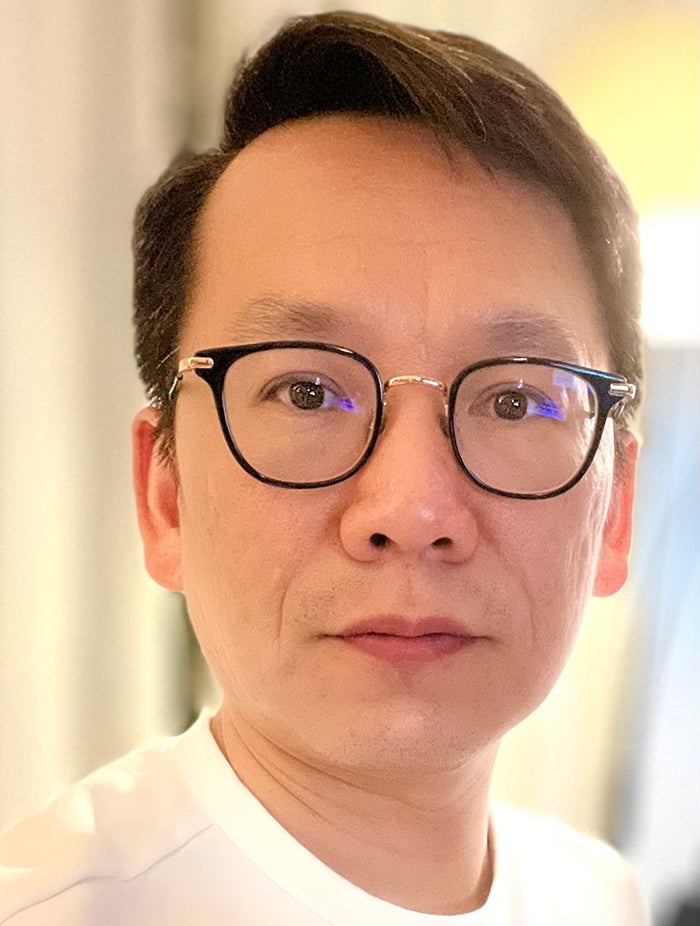lens
Shrinking Tumors
Developing potential pathway to treat cancers
 Stanley Huang
Stanley HuangSolid tumor cancers—including those of the breast lung, prostate and colon—can be difficult to treat.
But Case Western Reserve researchers have found a new way in laboratory research to manipulate particular immune cells to suppress the cancer’s progression.
Their study appeared earlier this year in the journal Nature Immunology.
“Our research creates a pathway to a [potential] new form of cancer treatment for those with solid tumor cancers,” said Stanley Huang, PhD, who leads the research and is an assistant professor in the School of Medicine’s Department of Pathology.
The researchers focused on macrophage immune cells—specialized white blood cells that act as the body’s “frontline soldiers,” consuming invading cells and activating another type of immune cell. But macrophages also can be co-opted by tumor cells. And when that happens, they create a response protein that researchers have linked to tumor growth.
So Huang’s team inhibited this macrophage metabolic protein to enhance the body’s immunity to existing tumors and slow their growth. Next, they hope to identify a clinical drug to suppress this protein, Huang said.
Breast, lung, prostate and colorectal cancers all have solid tumors and account for more than 40 percent of new cancers diagnosed annually in the United States, according to the National Cancer Institute.





